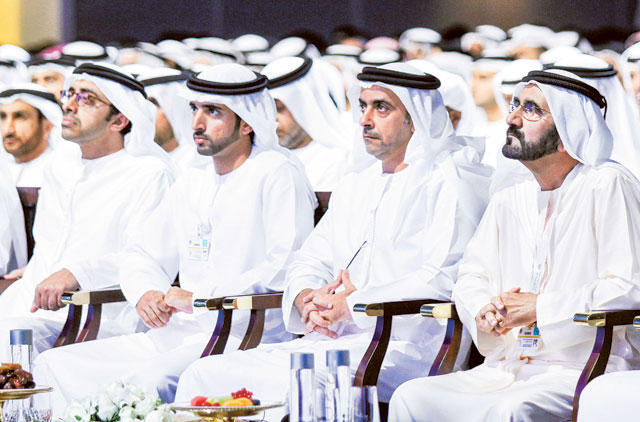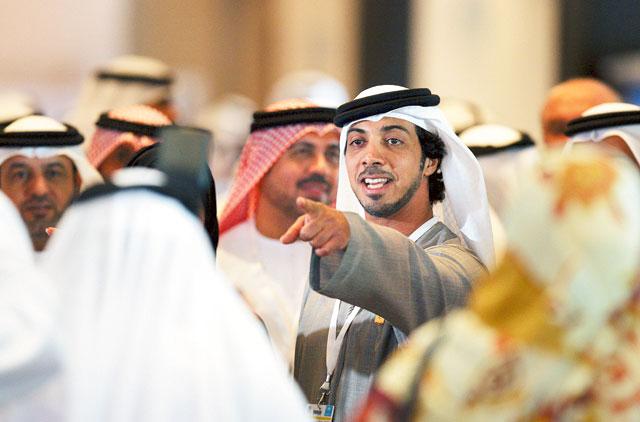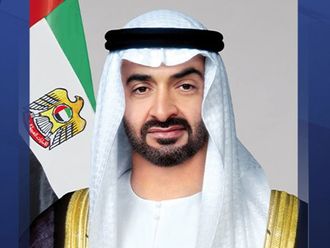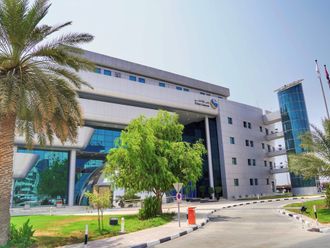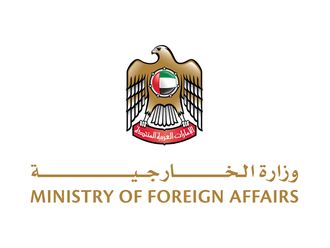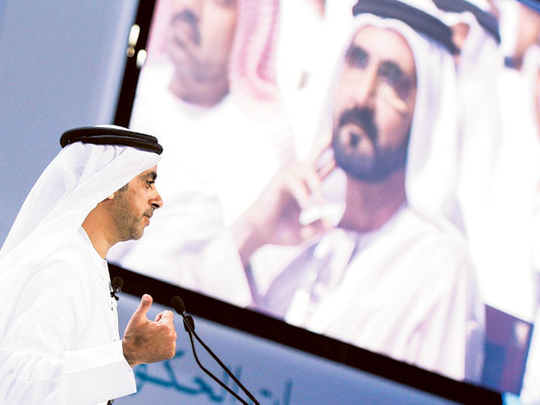
Dubai: UAE’s government entities will have to become more citizen-centric and agile, according to a new study.
For the country to continue its positive growth and competitiveness and achieve strategic goals, it is imperative that such an approach is adopted with the right organisation, culture, processes and systems in place, it says.
Titled ‘Citizen-centric Government’, the study, commissioned by the Dubai Government Summit, was done in collaboration with consultants AT Kearney. Primary research for the study engaged more than 140 of the most progressive public and private organisations in UAE.
While most understand the advantages of engaging citizens and the private sector, few have the right capabilities to translate this into reality, the study found. Although 90 per cent of institutions believe in engaging citizens, only 25 per cent of them review citizen and private sector feedback on a regular basis.
“Developing a citizen-centric government will be crucial to sustaining the country’s economic growth and meeting its goals – and will require some changes to current operational practices,” the report says.
It warns that failing to adopt such an approach in public sector transformation can have huge future economic costs driven by difficulty to sustain competiveness and ultimately a decrease in foreign direct investments.
The public wants government entities that meet their needs, with policies and services geared towards the private sector. So they will need to be more proactive, service-oriented, accountable and willing to accept and react to constructive feedback, according to the study. Processes and systems are also needed to enable citizens and the private sector to contribute to shaping policy and improving public service.
Eman Mohammad Al Suwaidi, Director of Dubai Model Centre at the General Secretariat of the Executive Council of Dubai, couldn’t agree more.
“The Dubai model is based on two values — customer centricity and service efficiency. Placing the customer at the centre is crucial in the success of any government,” she said.
“We are keen on engaging with the citizens using new technologies too to improve services. This is a relatively new area but there is tremendous progress being made,” Eman said.
She also emphasised the need to focus on front-line employees and capacity-building efforts.
Surprise inspections by undercover officials, as part of a programme called Mystery Shopper, has helped the Interior Ministry improve its services, said Lieutenant Colonel Nasser Khadem Al Ka’abi, Director of Customer Services at the ministry.
More than 2,000 visits, 1,000 phone calls and 600 website visits were done to check the quality of services, he added.
Engineer Abdullah Al Kudaim, Executive Director of Engineering Affairs and Housing at the Shaikh Zayed Housing Programme, said that they aim to offer the efficiency and quality of services like private sector companies.
The housing programme is one of the departments that was evaluated as a high achiever by the Emirates Government Service Excellence Programme, which was launched in 2011 to enhance the quality of federal government services to the public.
“Developing human resources is the most vital aspect in delivering good services. The process should not begin after a person is employed, but employees should be hired after carefully examining their innovative skills and desire to develop skills by learning,” Al Kudaim said.


